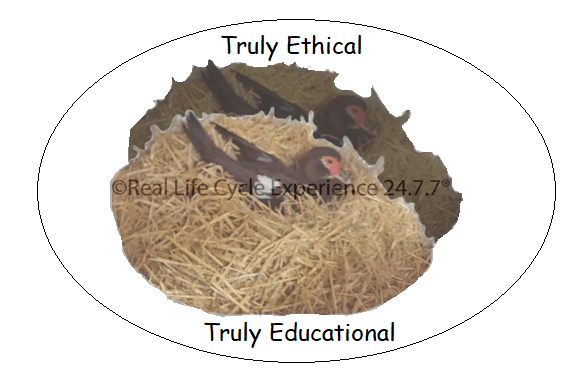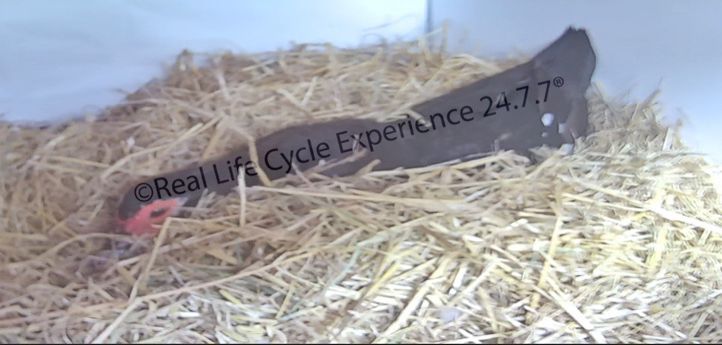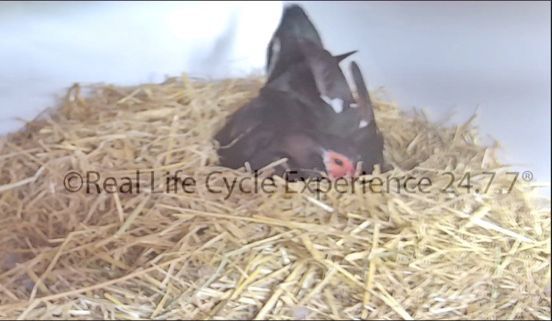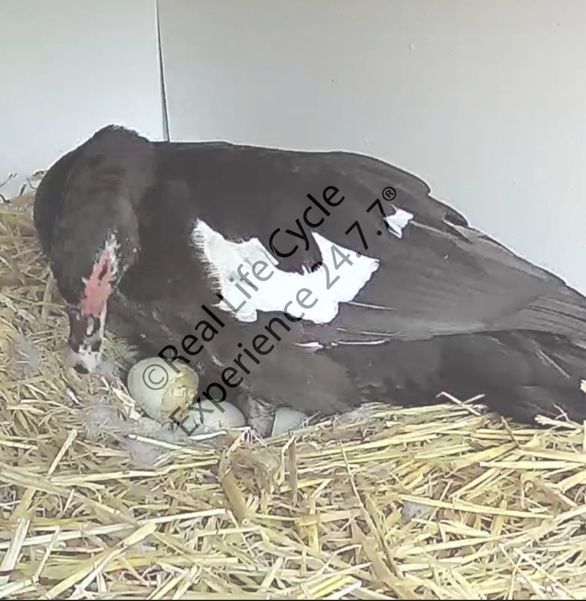Why is this experience truly educational?
Complete Holistic Learning Tool to Teach an Important Core Subject
This ethical educational science experience is a holistic learning tool, consisting of videos, lesson plans and resources. Schools will have unlimited access to all of these resources for every single class, for a full seven weeks and this time frame can be reduced, as explained in the Prices section. Once it has been booked, the school will receive the access code two weeks before their Life Cycle topic begins, to allow staff to familiarise themselves with the plans, resources and videos.
Complete Life Cycle of a Duck
All of this learning is based around real footage, which will teach children the accurate, complete and natural life cycle of a duck. This includes creating the nest, laying fertilised eggs, building of the clutch, incubation, hatching, first 24 hours and the first two weeks of life. Schools will be able to get updates on Instagram and Twitter to see how the ducklings grow and change, which means that the children will watch them transform from being an egg in the nest, all the way through to being a fully grown duck! How amazing is that? They will also learn facts about Muscovy ducks, their history and their daily lives including eating, drinking, sleeping and washing. Children can then take part in a quiz, to see how much they have learned throughout this experience!
Can you guess, which stages of the life cycle, that each of the below photographs belong to?
Educational Videos
I know from my experience in the classroom that the use of ICT can make lessons more interactive, interesting and can bring learning to life and educational videos are the main learning tool for this science experience. I created them using my first-hand footage of Dot and her family in close up detail, for 24 hours a day, over a three month period. I then edited and condensed the key educational parts into weekly videos, for each stage of the life cycle.
For example, one of the weekly videos will teach the natural way to incubate eggs. Children will learn how the mummy duck sits on her eggs constantly, only leaving them to go to the loo, wash, eat and drink for around 30 minutes, in a 24 hour period. Only after carefully covering her eggs, to keep them warm in her short absence and to protect them from predators. These condensed videos will also show how Dot and her babies behaved throughout the day and night.
With this educational footage being recorded, this means that children will not miss out on any important parts and will get to see each stage, on the big screen. Where teachers can pause for key questions and discussion time, fast forward or rewind, to suite their educational needs. For example, when children learn about how the ducklings hatch naturally in a nest, they will not miss out on any of the many physical changes that occur, throughout this process.
Cross-curricular Planning
This educational experience also consists of in-depth, teacher created cross-curricular lesson plans and resources, which are directly linked to the updated Early Years Foundation Stage and the National Curriculum, to accompany the videos. These will include English reading comprehension tasks, problem solving, creative projects, drama, outdoor learning and science experiments.
I have created lesson plans and resources for every year group across the whole school, from Nursery through to Year Six, for the full seven weeks. This cross-curricular style of planning will immerse the children's learning in this topic, which will consolidate and extend their understanding of the natural life cycle of a duck, whilst simultaneously developing the other core and most of the non-core subjects.
Pupil Premium Plus
The Real Life Cycle Experience 24.7.7® is unique and will give children first-hand experience of the complete life cycle of a duck, in a way that they probably have never seen before and may not ever be able to see, in such a complete and personal way. This educational experience should captivate the minds and interest of children and create an intrinsic motivation, to engage them with the lessons and the learning, for this core subject. It could be used to help schools to raise the attainment of disadvantaged pupils and their peers and to close possible gaps between them across the curriculum, with the thematic plans. These visual videos and interactive lessons, should help children who are working at all academic levels, visual, kinaesthetic and audio learners and maybe those who find learning difficult, as the footage will bring their learning to life.
If schools are able to attend an educational visit then this could support the well-being of those children who do not have a garden, do not get to spend much time outdoors or may not usually get a chance to see these animals.
Therefore, schools could use their Pupil Premium Plus funding to help book this ethical educational learning tool, to aid both the eligible and non-eligible children's learning, across the curriculum and school.



